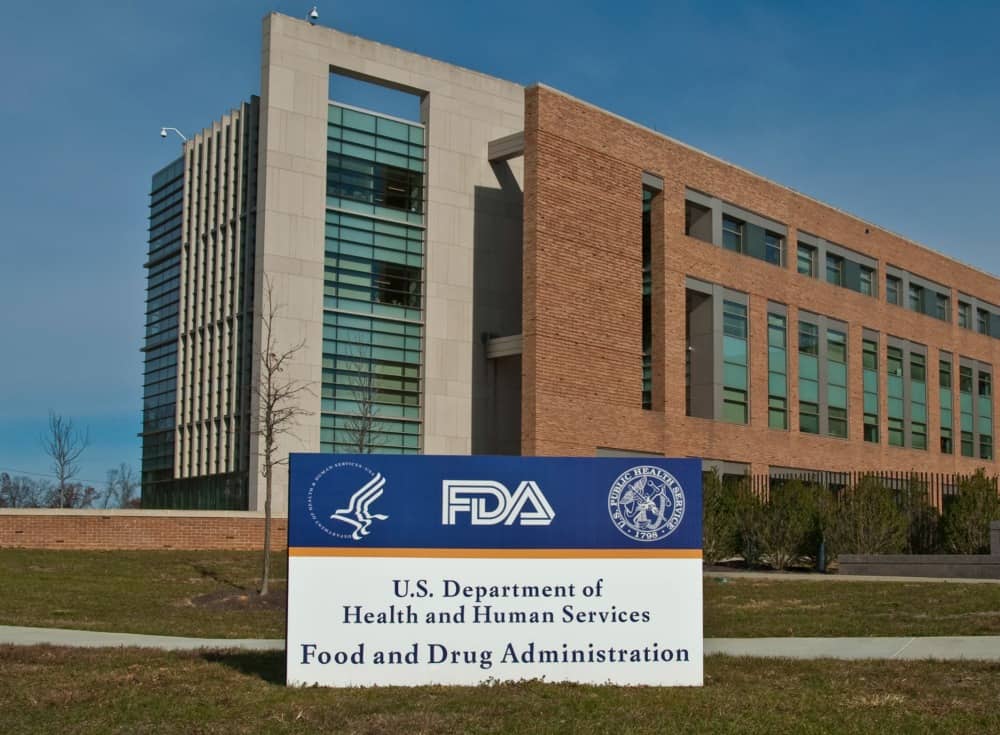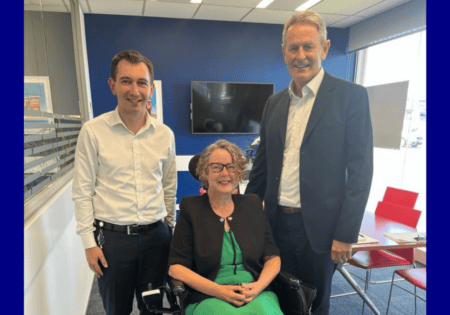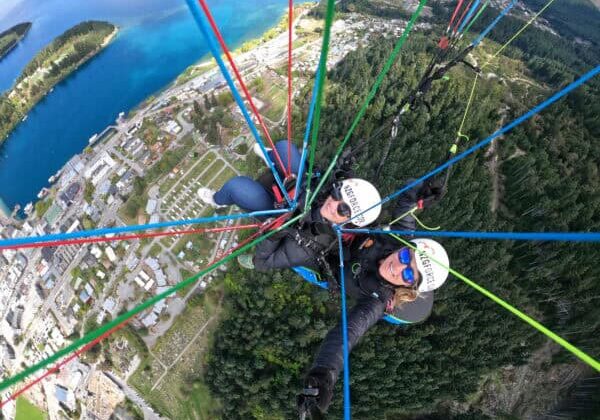Edaravone (Radicava) approved to treat MND in the US – what does this mean for people with MND in New Zealand?
Research
10 May 2017

Edaravone is not yet available on prescription in New Zealand. MND New Zealand will keep our community informed about further developments and what they may mean for people with MND in New Zealand. This is what we know so far. On Friday 5 May, the US Food and Drug Administration (the FDA) announced its approval of the drug ‘edaravone’ for the treatment of MND.
This is exciting news. The FDA is the organisation that approves medication in America according to its safety and effectiveness. Edaravone is the first MND medication to be approved by the FDA in 22 years, since riluzole (Rilutek) in 1995.
Edaravone (known by the brand name Radicava in the US, and Radicut in Japan and South Korea) is not yet available on prescription in New Zealand. MND New Zealand will keep our community informed about further developments and what they may mean for people with MND in New Zealand. This is what we know so far.
What is edaravone?
Edaravone is an antioxidant drug that protects nerve cells by mopping up ‘free radicals’ in the body. Our cells usually have effective ways of dealing with free radicals, but these become less efficient with age. When neurones are damaged, as happens with neurodegenerative diseases, then more free radicals are produced and the body becomes less effective at eliminating them.
Edaravone is administered via intravenous infusion by a health care professional. It is administered with an initial treatment cycle of daily dosing for 14 days, followed by a 14-day drug-free period. Subsequent treatment cycles consist of dosing on 10 of 14 days, followed by 14 days drug-free. It takes 60 minutes to receive each 60 mg dose.
A company called Treeway is currently developing an oral preparation of the drug.
How effective is edaravone?
Some clinical trials have shown that edaravone can slow the progression of MND in some people, potentially helping preserve function for longer. It appears to work in a sub-set of people and may be effective only for those at the early stages of the disease (eg those who are able to eat a meal, move alone and do not need assistance in everyday life).
MND will continue to progress even if taking both riluzole and edaravone. These medications can both be seen as potentially slowing the progression of MND and lengthening lifespan slightly.
The evidence for edaravone's efficacy is so far fairly modest. A Phase 3 clinical trial ran for six months with 137 participants in Japan (study MCI-186-J19). At Week 24, participants receiving edaravone showed less deterioration on a clinical assessment of daily functioning (2.5 points better on the 48-point ALS Functional Rating Scale, ALSFRS-R) compared to those receiving a placebo. Riluzole was also being taken by 90% of participants during the trial. The complete results of the study have not yet been published in a scientific journal.
MND New Zealand’s medical advisor, neurologist Dr Andrew Chancellor, says that new therapies for MND are very welcome, but may not be an improvement over existing medication (riluzole) or therapies. He points out that coordinated medical care from multidisciplinary teams is known to improve survival in MND, as does non-invasive ventilation. “These are probably better than these drug therapies,” he says.
Access to edaravone in New Zealand
At this time, edaravone is only approved for use in Japan, South Korea and the US.
If a medicine is not approved by Medsafe, a person can go to a doctor and request them to make an application to supply it under section 29 of the Medicines Act 1981. To our knowledge, this is untested for edaravone in New Zealand. It should be noted that this process can be challenging and expensive. The estimated annual cost of edaravone is US$146,000 and in Japan US$26,000.
People with MND have attempted to access edaravone in Japan. A representative of the Japan ALS Association has provided a FAQ document that explains how international patients may access Radicut in Japan. This process can be challenging and expensive. It also requires the cooperation of a local medical professional to administer the drug and monitor the patient.
Working towards making edaravone available in New Zealand
As the national representative of all New Zealanders who are impacted by MND, MND New Zealand is committed to advocating for medications that have been proven to be safe and effective, and have been approved by major international regulatory bodies, to be made available to people living with MND in New Zealand.
Mitsubishi-Tanabe does not yet have plans to introduce edaravone to New Zealand by applying for Medsafe approval.
If eventually approved by Medsafe, an application will then need to be made to Pharmac, which decides whether medications receive government funding based on their cost-effectiveness and a number of other factors. If a drug is not funded by Pharmac, it must be paid for privately.
Based on our experience with other MND treatments, edaravone is unlikely to be available in New Zealand in the near future.
To understand the time frame that could be involved, we can look back to the process that riluzole went through in New Zealand following its approval by the FDA in 1995. Avantis (now Sanofi) applied for riluzole to be approved by Medsafe in 1995. It was approved by Medsafe for prescribing in New Zealand in 2007 at a cost to each patient of $827/month. Riluzole has been funded by Pharmac since 2013, following a long campaign from MND New Zealand.
Dr Chancellor points out that if other highly effective drugs are developed for MND, these would be prioritised for people with MND.
Where can I find out more?
As we learn more about the developments of edaravone we will keep everyone updated. More information is available at:
Click here to download this article as a Word document
Update: 23 January 2018
At the International Symposium on MND/ALS in December 2017, meetings were held by Mitsubishi Tanabe for members of the International Alliance of ALS/MND Associations to discuss plans for seeking approval of edaravone in other countries.
At present Mitsubishi Tanabe does not have plans to seek approval for edaravone in other countries, nor undertake further research to ascertain impact on survival. Approval authorities in most countries require survival data.
Some ALS clinics in the US will be undertaking their own reviews and research as more patients access the therapy. MND New Zealand will continue to monitor the situation in the US and other countries.


